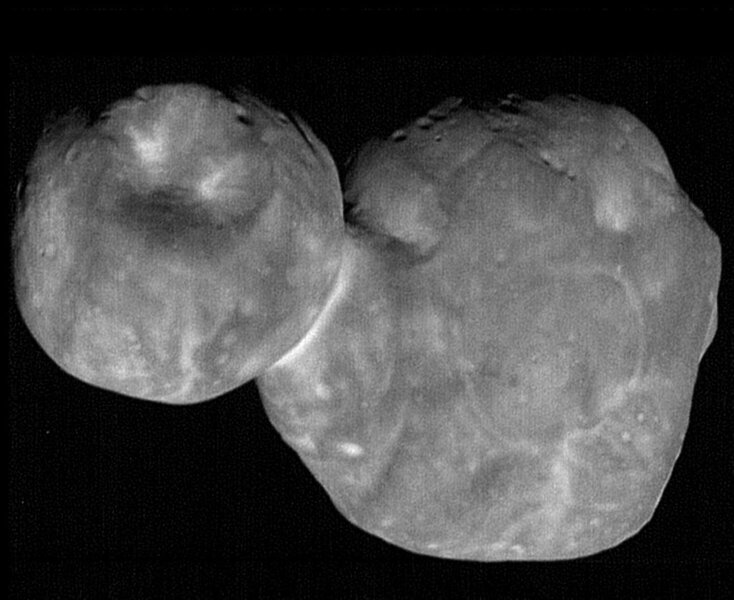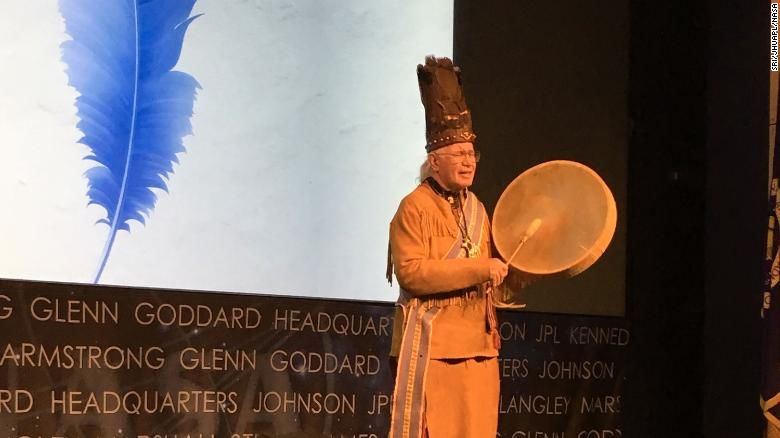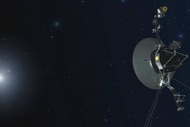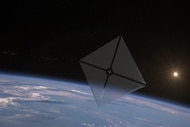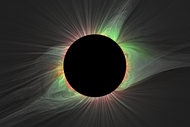Create a free profile to get unlimited access to exclusive videos, sweepstakes, and more!
NASA officially gives Ultima Thule a fitting new Native American name
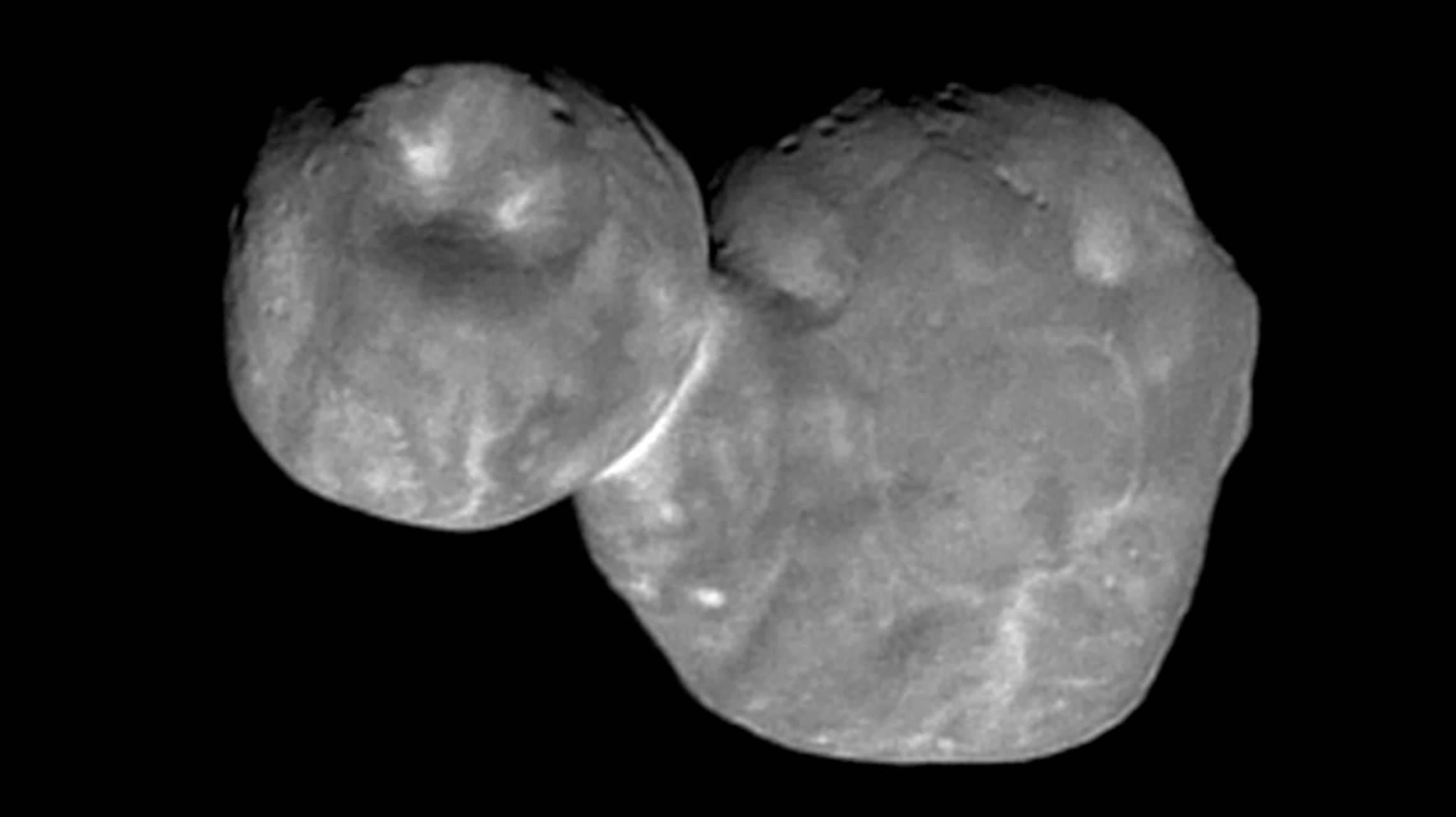
NASA's phenomenally successful New Horizons spacecraft mission, which delivered those crystal-clear images of Pluto in the summer of 2015, is still churning out data from the far reaches of our solar system as it ventures into uncharted space territory beyond the Kuiper Belt on its extended voyage.
One of the strangest heavenly residents observed by the intrepid probe this past year was the bizarre, bone-shaped object first named and cataloged as Ultima Thule (2014 MU69). New Horizons did its swift fly-by of the weird 21-mile-wide body on Jan. 1, 2019, when that misshapen object became the most distant body ever visited by a spacecraft at 4 billion miles away from Earth.
But we hope you haven't become too comfortable with that superhero-like moniker, because NASA has decided to change its official designation to Arrokoth, a name that translates into "sky" and whose proud origins lie in the Native American Powhatan/Algonquian language.
"Data from the newly named Arrokoth has given us clues about the formation of planets and our cosmic origins," said New Horizons team member Marc Buie in a statement. "We believe this ancient body, composed of two distinct lobes that merged into one entity, may harbor answers that contribute to our understanding of the origin of life on Earth."
New Horizons, similar to the noble Powhatan people, has links to the state of Maryland and the entire Chesapeake Bay area. The ambitious mission is managed by the Johns Hopkins University Applied Physics Laboratory in Laurel, Maryland, and team members first observed Arrokoth using NASA's Hubble Space Telescope, which is run by Baltimore's Space Telescope Science Institute.
"The name 'Arrokoth' reflects the inspiration of looking to the skies and wondering about the stars and worlds beyond our own," New Horizons Principal Investigator Alan Stern said in the same statement. "That desire to learn is at the heart of the New Horizons mission, and we're honored to join with the Powhatan community and people of Maryland in this celebration of discovery."
The alteration came after NASA received considerable backlash over the name Ultima Thule, (which in Latin means "a place beyond the known world") due its historical association with the Third Reich.
Team members received the approval and consent of Powhatan tribal representatives prior to proposing Arrokoth to the International Astronomical Union. Reverend Nick Miles of the Pamunkey Tribe, a former component of the original Powhatan Confederacy, made it official at NASA's naming ceremony this week with a traditional Algonquian song presented at NASA's Washington headquarters.
"We graciously accept this gift from the Powhatan people," added Lori Glaze, director of NASA's Planetary Science Division. "Bestowing the name Arrokoth signifies the strength and endurance of the indigenous Algonquian people of the Chesapeake region."
